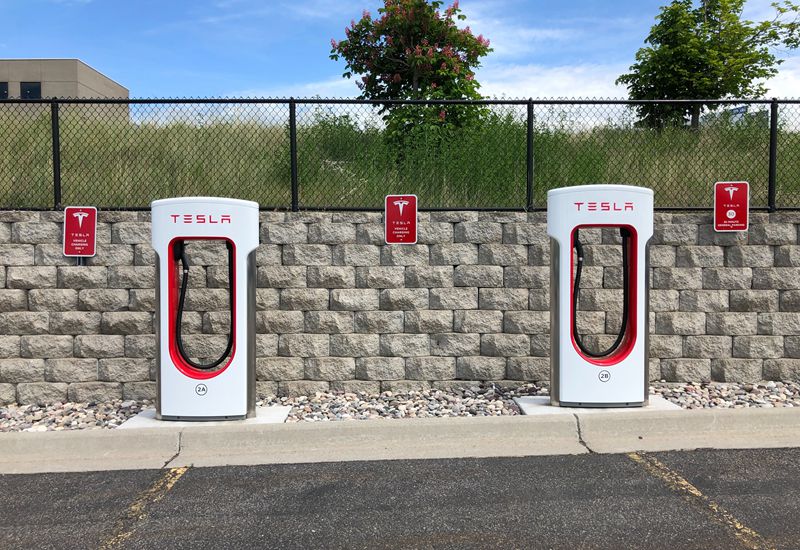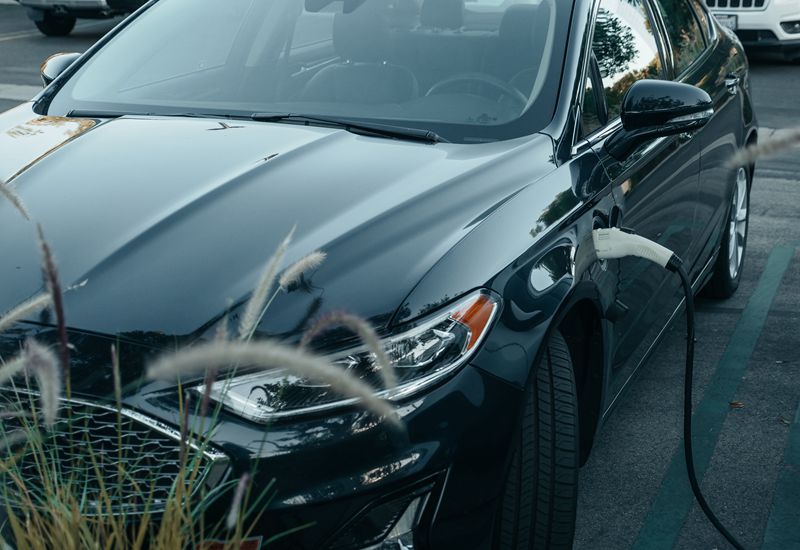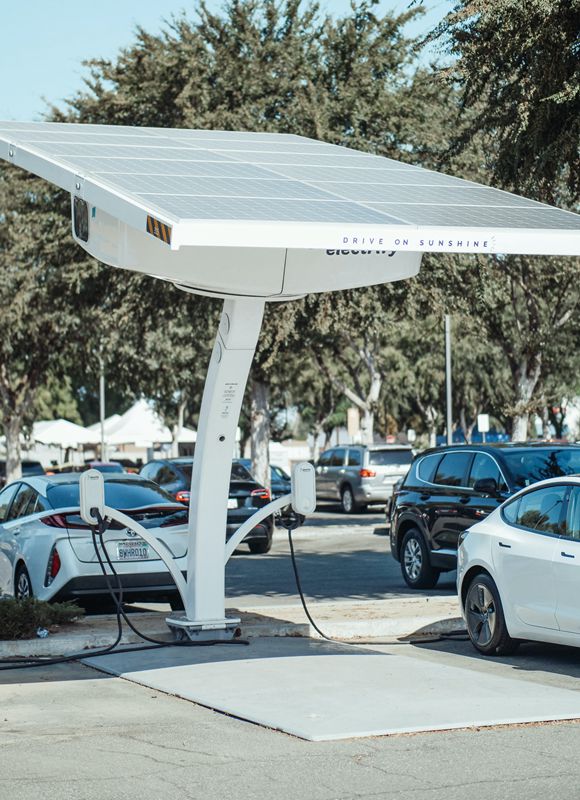Welcome to our detailed guide on how to find the best all-purpose EV charger for your vehicle. Electric vehicles (EVs) are becoming increasingly common in today’s society due to their minimal maintenance requirements, long-term fuel cost savings, and environmental friendliness. Many EV users, on the other hand, may be worried about the inadequate range and charging facilities. Universal EV payments benefit all kinds of electric vehicles, but how do you pick the best one for your vehicle? We are here to assist you!

Universal EV Charger Types
A prior understanding of the various worldwide EV charge kinds is required. Level 1, Level 2, and DC Fast Charging are the three primary kinds. They provide suitable nighttime charging at home at a rate of 2 to 5 kilometers per hour.
Charges at the second level: These charges necessitate a 240-volt outlet and offer quicker recharge speeds ranging from 10 to 60 kilometers per hour. They are suitable for charging at home and in the workplace.
DC Fast Charging: The quickest adapters on the market, these converters can provide up to 80% of a charge in as little as 20 to 30 minutes. They are commonly located at public charging stations, but installing them at home can be costly and requires the use of a special connection.

Criteria for Choosing Universal EV Chargers
Now that you’re aware of the various kinds, it’s time to consider the factors that will influence your choice of the finest universal EV charger for your vehicle.
1. Charging Rate: The charging rate should be appropriate for the quantity of travel you do. If you move frequently, you should use a Level 2 battery. A DC Fast Charger is a better choice if you frequently travel long distances.
2. adapter Type: The charging receptacle in your vehicle must be compatible with the charger’s adapter type. Instead of the usual J1772 link used by the majority of EVs, Tesla employs its own distinctive connector.
3. Portability: If you need to power your vehicle on the go, choose a portable charger that fits easily in your trunk.
4, Cost: The implementation and price should be affordable to you.
5. Brand and guarantee: For peace of mind, select a well-known brand with a lengthy guarantee term.
How to Install an EV Charger Across the Board
Once you’ve decided, it’s time to install the finest universal EV converter for your vehicle. We recommend hiring a qualified electrician to finish the installation safely and in compliance with local laws.
The following are the stages required in implementation:
1. Place the charger in a convenient location near the car’s charging port.
2. Replace the 240-volt cable and switch in your home’s electrical system.
3, Connect the battery to the switch and run the cabling there.
4, Secure the battery to a stable foundation.
5, Connect the charger to your vehicle’s power system and charging outlet.
6. Check the charger to ensure it is in good working order.

Conclusion
Choosing the best global EV charger for your vehicle can also be difficult. However, by taking into account the variables we’ve stated, you can make an informed choice that meets both your driving requirements and your financial constraints. To guarantee safety and compliance, always employ a certified electrician to finish the installation process. Have fun charging!
Looking for the perfect all-purpose EV adapter for your car? Look no further than our comprehensive guide, which will help you in finding the best option for your needs. Electric vehicles are becoming increasingly popular due to their low maintenance requirements, environmental kindness, and long-term cost benefits. Many EV users, however, are concerned about charging infrastructure and range limitations. These problems can be addressed with a portable EV charger, but with so many choices, how do you choose? To help you make an informed decision, our guidance analyzes and contrasts the three major types of common EV chargers: DC Fast Charging, Level 1, and Level 2. While Level 2 adapters provide faster-charging rates of 10 to 60 kilometers per hour, Level 1 devices attach to a 120-volt outlet and provide nighttime charging at home.
